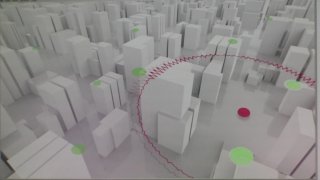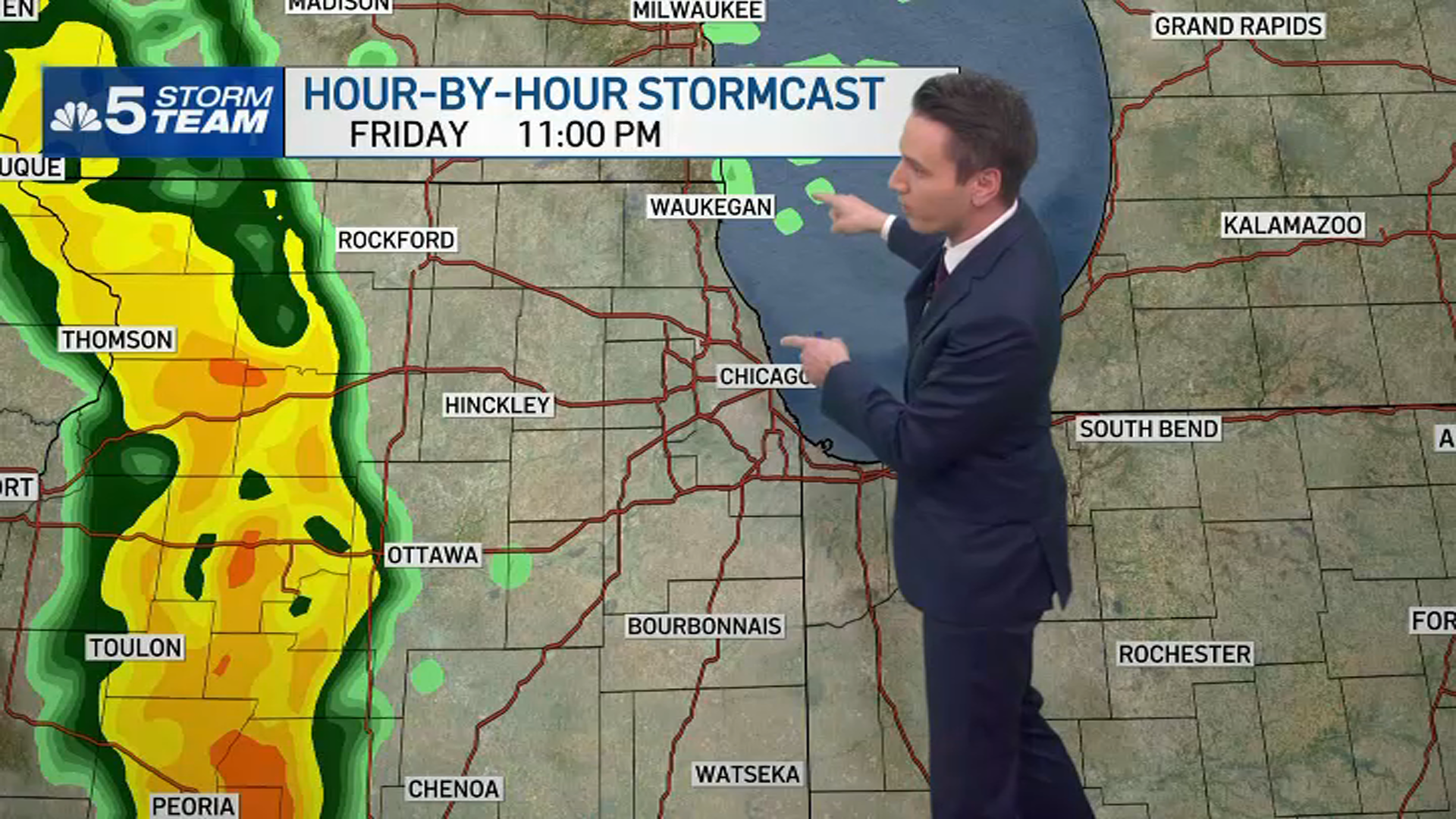
The city of Hammond, Indiana, will implement the gunshot detection system ShotSpotter in an effort to decrease law enforcement's response times to gunfire and improve safety, the city announced Friday.
In a news release, officials explained that ShotSpotter's acoustic sensors will be installed in areas across the city and connected to a centralized incident review center. The system will instantly notify the closest Hammond Police Department officers and precisely direct them to the scene.
ShotSpotter will aid in evidence collection, witness location and the apprehension of armed suspects, according to the news release.
"By deploying ShotSpotter's proven technology, we are adding an essential tool that will enable our officers to rapidly pinpoint and respond to gunfire, ultimately helping to save lives and increase crime incident awareness," Chief of Police William Short said.
The addition of ShotSpotter technology is part of a comprehensive strategy to reduce gun crimes through smarter policing practices, according to officials. The technology will be funded by a $300,000 grant from the Bureau of Justice Assistance with the United States Department of Justice.
ShotSpotter was cast into the spotlight in mid-February when the city of Chicago announced it wouldn't renew its contract, which was set to expire at the end of 2024. Days later, the city reached a last-minute extension with SoundThinking, the company that operates ShotSpotter.
The extension will keep ShotSpotter operating through Sept. 22, which will be followed by a two-month transition period, according to a previous news release from Mayor Brandon Johnson's office.
Local
The controversial technology has invited criticism and praise since it was installed in 2012.
Those in favor of the technology argue that it helps save lives by allowing for rapid deployment of resources to scenes of potential shootings, improving response times and offering the potential for rapid assistance for those injured by gunfire.
Feeling out of the loop? We'll catch you up on the Chicago news you need to know. Sign up for the weekly Chicago Catch-Up newsletter.
Critics, meanwhile, are skeptical about the usefulness of the technology, warning that it can result in negative outcomes. Groups like “#StopShotSpotter” argue that treating gun violence as a public health issue, rather than a problem in need of “flashy new law enforcement surveillance tools,” is the proper approach.



